
Five things you need to know this week about global education
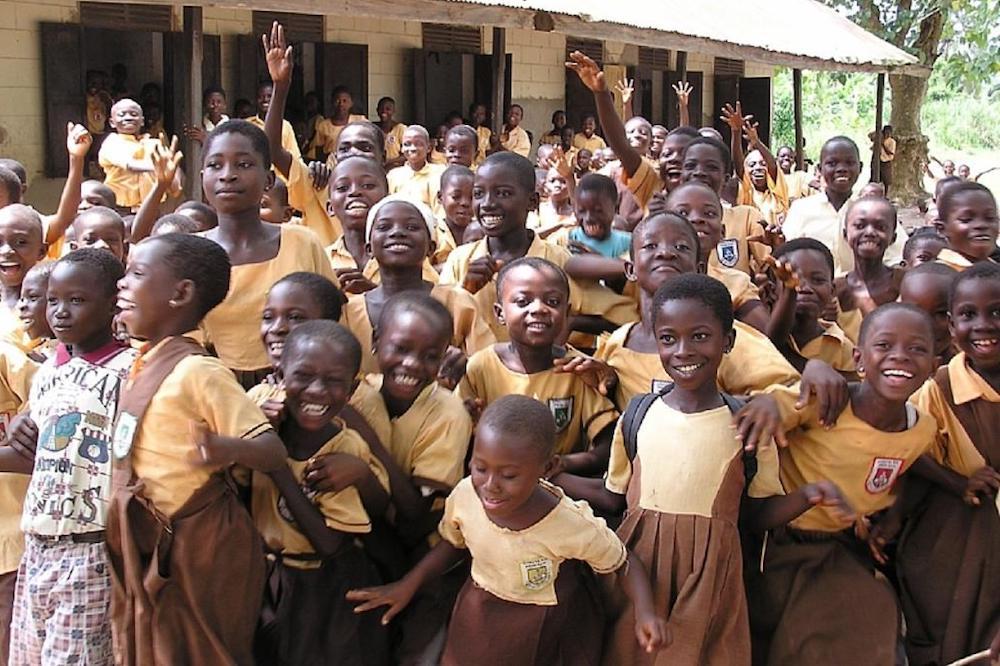
Children in conflicts, Education funding, Education in emergencies, Safe Schools Declaration, The Global Business Coalition for Education (GBC-Education), Youth skills
Youth skills forum calls for urgent action in South Asia
Governments, business and young people have all been encouraged to commit to action that will help to address the youth skills crisis in South Asia.
With technology and automation changing rapidly, more than half of youth in the region – which includes India, Pakistan and Bangladesh – will not have the basic skills needed for the workforce in 2030.
The South Asia Youth Skills and Solutions Forum was held in Mumbai, India, this week – hosted by the Global Business Coalition for Education (GBC-Education), UNICEF’s Regional Office for South Asia and Generation Unlimited.
A Call to Action was made to all participants to think about new partnerships, policies and programmes to ensure every young person in South Asia is learning or in training, employment or entrepreneurship by 2030.
With @UNICEFROSA & @_GenUnlimited today, we unveiled our new @gbceducation & @educommission South Asia Skills Scorecard, which proves why finding solutions for #YouthSkills is vital for the future. Here's why I think this is so important… https://t.co/YTz1lEvbnG
— Justin W. van Fleet (@justinvanfleet) October 30, 2019
It urged concentre action to address the crisis in secondary-age education, to prioritise school-to-work transition and to promote youth entrepreneurship.
The 2030 Skills Scorecard South Asia edition was launched at the forum. Produced by GBC-Education and the Education Commission, it shows that only 26% of secondary-age children in the region are on track right now to complete school and learn the basic skills needed for employment – rising to just 46% by the year 2030.
The scorecard was presented in Mumbai by Justin van Fleet, Executive Director of GBC-Education and President of Theirworld. In a blog, he wrote: “It’s vital that urgent action is taken to address the skills gap for the next generation in South Asia if they are to be equipped to successfully enter the rapidly-changing job market.”
South Asia is home to the largest youth population in the world with almost half of its population of 1.8 billion below the age of 24.
Abducted Nigerian schoolgirls are set free
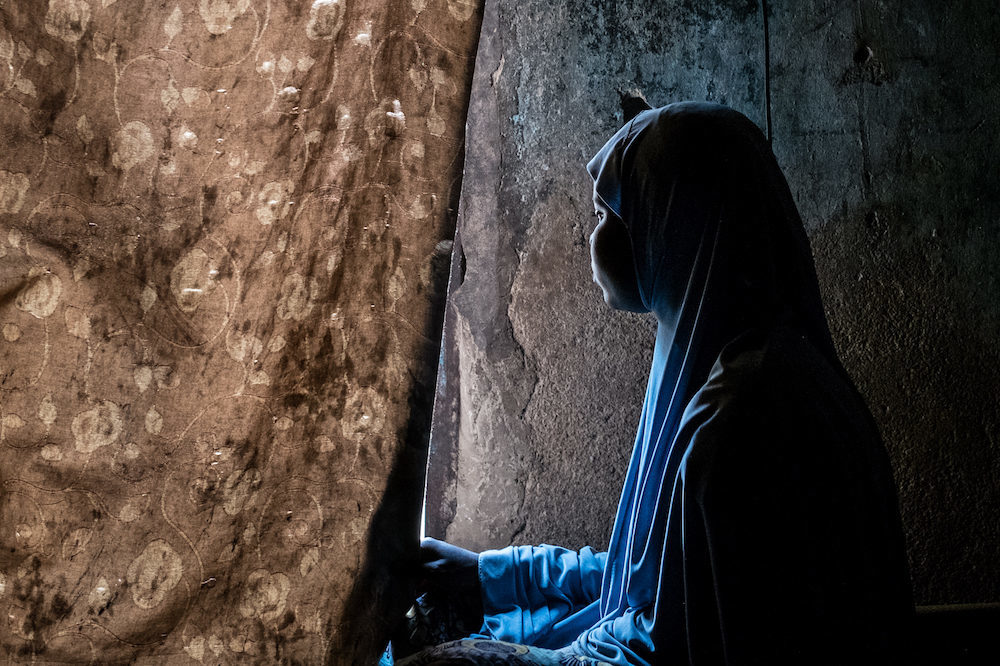
Six Nigerian schoolgirls have been released after being kidnapped three weeks ago (UN Photo)
Six Nigerian schoolgirls and two staff members have been released unhurt three weeks after they were kidnapped from their dormitories in northern Kaduna state.
Armed assailants seized the six students, school vice principal and matron in a dawn raid on their mixed boarding school on October 3.
Officials did not say how the kidnapped students had been released or if a ransom had been paid. Some parents of the hostages said the abductors had demanded 50 million naira ($140,000) for the release of their daughters.
In central Mali, suspected jihadists have freed at least five teachers kidnapped last week at their school for using French in the classroom.
More than 900 schools have closed in the country, one of the poorest in the world, with more than two-thirds of them in central regions that have been affected for years by separatists, jihadists and inter-ethnic violence.
2.3m children to benefit from Ghana schools funding
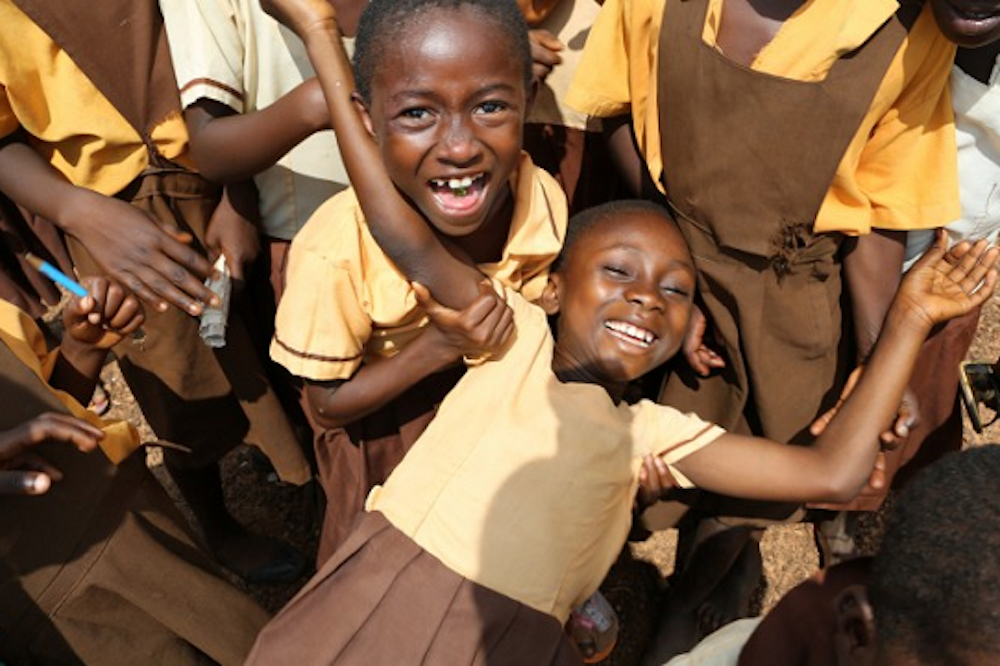
The World Bank are funding teacher training and providing resources for schoolchildren in Ghana (World Bank)
About 2.3 million schoolchildren in Ghana are to be helped by a $150 million funding boost from the World Bank.
The Ghana Accountability for Learning Outcomes Project (GALOP) will target schools that are struggling to provide quality basic education because of poor learning outcomes or lack of resources.
It will support teaching and learning through modern in-service teacher training and provision of learning materials. School-level support and resources will be strengthened, combined with improved community engagement.
“The GALOP is estimated to benefit 2.3 million children, including 1.2 million girls from direct interventions, as well as over 70,000 teachers, head teachers, circuit supervisors and national, regional and district education officers,” said Halil Dundar, World Bank Education Practice Manager for West and Southern Africa.
The project scales up several successful pilots supported by the World Bank and other development partners.
Many Lebanon schools remain shut after government plea
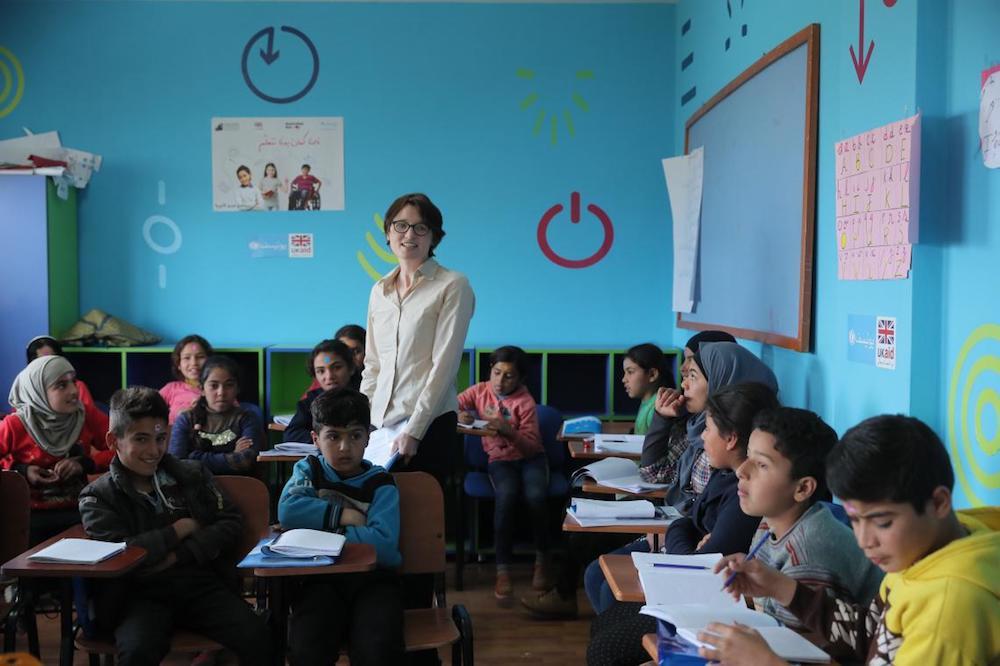
Children are missing out on lessons due to anti-government protests (UNICEF / Choufany)
Many schools in Lebanon remained closed yesterday following anti-government protests – despite a plea from the education minister to reopen.
Two weeks of massive demonstrations against the ruling elite had seen many institutions, including the country’s public schools, shut down. Prime Minister Saad al-Hariri resigned on Tuesday, then troops and riot police cleared a blocked highway and bridge in the capital Beirut.
The education minister urged schools and universities to reopen their doors. But in Beirut, as well as parts of the north and south of the country, most schools remained shut yesterday.
Among those affected by the closures were 150,000 Syrian refugee children who had been due to return to school two weeks ago after a funding gap left their education in doubt.
School meals keep 300,000 children at school in Ethiopia
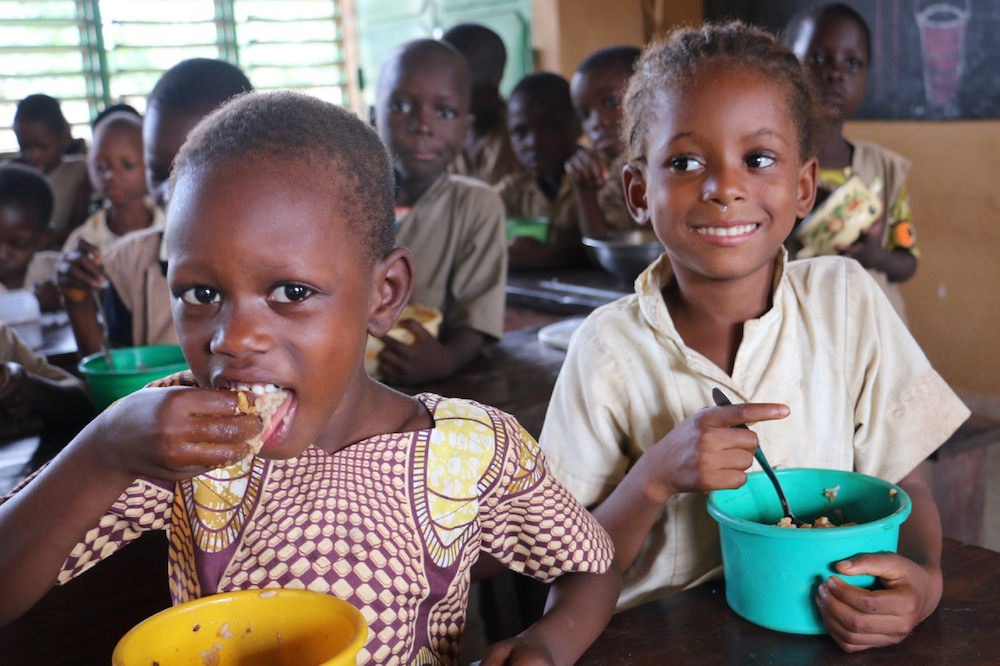
Many young Ethiopia children were arriving at school hungry (CAFOR)
A school feeding programme in Ethiopia’s capital city is helping 300,000 students to stay in school. Addis Ababa City Administration launched the programme to boost enrolment and reduce absenteeism among children in almost 250 preschools and primaries.
Parents told ENA news agency the programme is helping to get children into school. Degitu Muluken has two children but couldn’t afford food and the school fee for them, so was forced to drop them out of classes.
But now they are back at school because of the programme. Degitu said: “I am very happy and my children get free meals in the school.”
Grade 8 student Emirah Selman said the programmes reduces dropouts because of malnutrition. He said: “The school meal helps students to attend their class with fresh and cozy body and mind instead of thinking of getting food.”
More news

